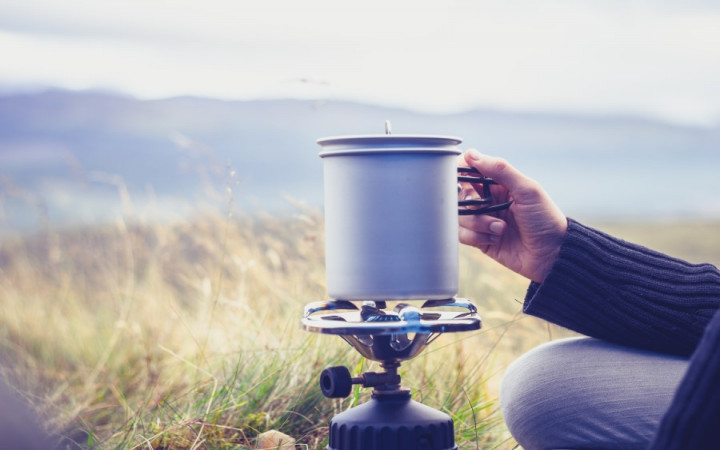Today’s Wonder of the Day was inspired by pradyumna from AL. pradyumna Wonders, “Why does at low atomic pressure water boils faster?” Thanks for WONDERing with us, pradyumna!
Do you know how to cook? No, making a bowl of cereal doesn't count! We're talking about the skill of mixing various ingredients together and cooking them to create a delicious meal.
As humans, we know we have to eat to survive. With the modern conveniences of restaurants and packaged and prepared foods at grocery stores, we don't really need to know how to cook in order to keep ourselves fed.
In fact, cooking is a skill that many kids might not learn until they leave home for college or a career. If you find yourself in your twenties and your cooking skills begin and end with microwaving a frozen dinner, your friends might tease you by saying you don't even know how to boil water.
Of course, that's silly, right? Boiling water is one of the most basic skills that anyone can master quickly. All you need to do is fill a pot with water and place it on a heat source until it begins to boil at 212° F. What could be simpler?
If you decide to test out your water-boiling skills in Denver, Colorado, or at the top of a mountain, however, you may learn that it's not quite as straightforward as it seems. That's because water only boils at 212º F at sea level. At higher altitudes, the boiling point of water decreases, which leads to longer cooking times.
The boiling point of water is one of the scientific "facts" you learn early in school. Everyone knows that the boiling point of water is 212º Fahrenheit or 100º Celsius. However, that fact is true at sea level and is subject to change under different circumstances.
One of those circumstances is a change in altitude. At higher altitudes, air pressure is lower. There's simply less air pushing down on us the higher we ascend into the atmosphere. So why does this affect the boiling point of water?
To boil water, you need to apply energy in the form of heat. As energy is transferred to the water molecules, they begin to break the bonds holding them together. The water will boil or turn to vapor as soon as its internal vapor pressure equals the pressure exerted on it by the atmosphere. When that occurs, bubbles begin to form and the water boils.
When atmospheric pressure is lower, such as at a higher altitude, it takes less energy to bring water to the boiling point. Less energy means less heat, which means water will boil at a lower temperature at a higher altitude.
Some people think that a lower boiling point means that foods will cook more quickly at higher altitudes. However, the opposite is true. If you want to boil an egg, it will take a bit longer at altitude.
That's because cooking involves heating a food to a certain temperature for a certain length of time. If the temperature is lowered because of altitude (as in the case of boiling water), cooking time will have to be extended to complete the cooking process!





